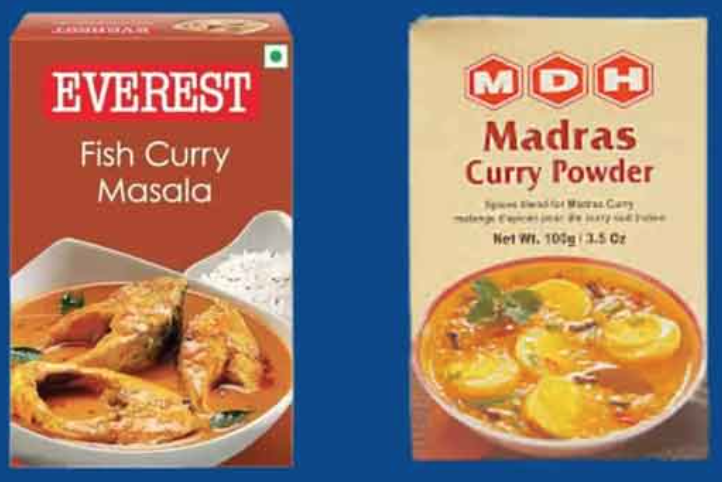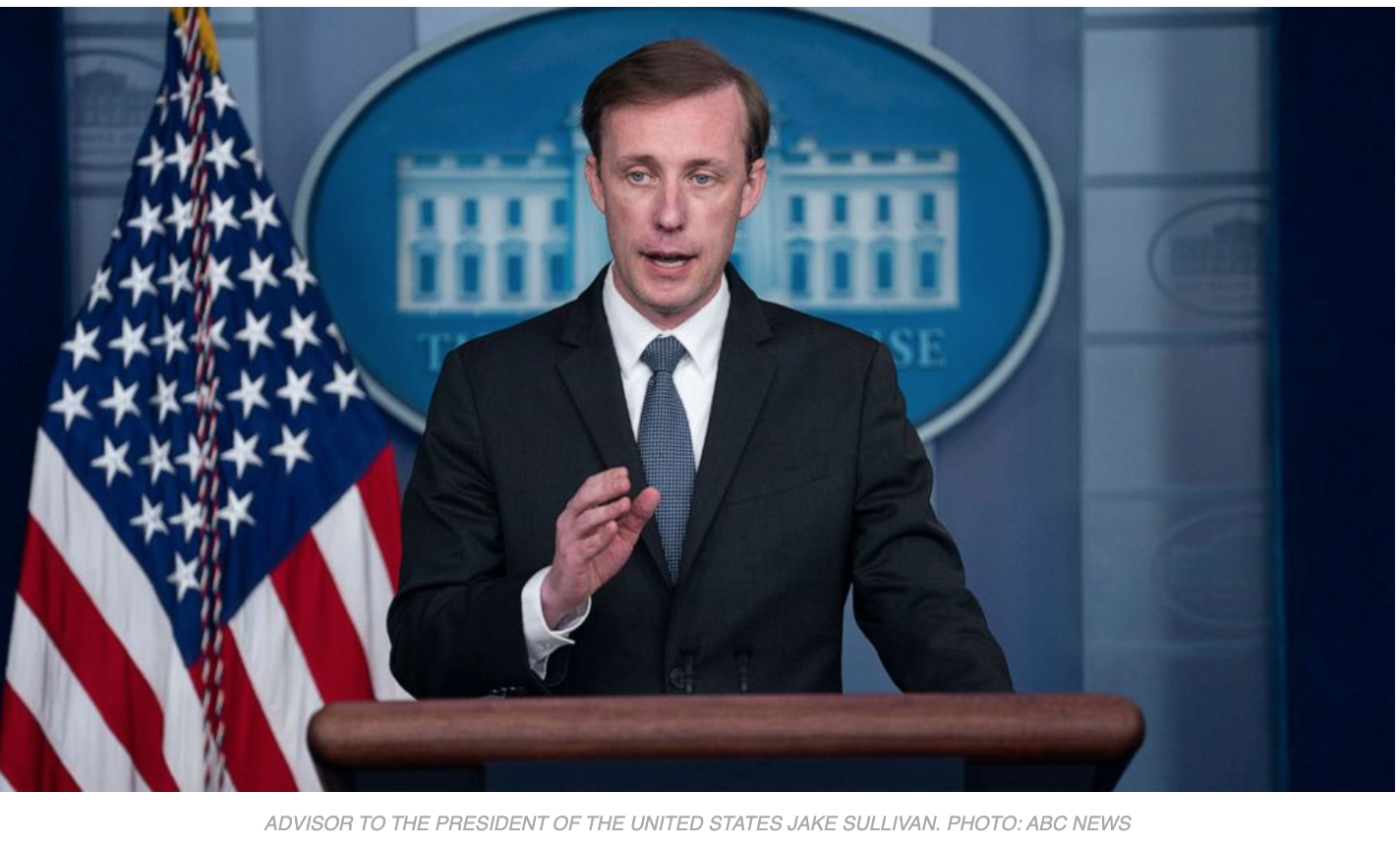Table of Contents
Hong Kong Joins Singapore in Banning MDH and Everest Spices

Following Singapore and Hong Kong’s recent prohibition of specific spices from Indian brands MDH and Everest, the Indian government has launched investigations, soliciting comprehensive reports from the food safety authorities of both nations. The ban, attributed to apprehensions regarding the spices’ quality, revolves around accusations of heightened levels of the pesticide ethylene oxide, exceeding allowable thresholds. This development underscores the importance of stringent quality control measures within the spice industry and prompts urgent scrutiny into the production processes of these renowned Indian spice brands.
MDH and Everest: Bans enforced by Singapore and Hong Kong
In response to the recent bans enforced by Singapore and Hong Kong on specific spices originating from Indian brands MDH and Everest, the Ministry of Commerce in India has swiftly initiated proactive measures to address the situation. Tasking its embassies in Singapore and Hong Kong with the compilation of comprehensive reports, the ministry is actively seeking a thorough understanding of the circumstances surrounding the bans. Furthermore, the ministry has formally requested detailed information from MDH and Everest, urging them to provide insights into the rationale behind the bans and detail any corrective measures implemented. Emphasizing the need for meticulous investigations into the rejected shipments, the commerce ministry underscores the paramount importance of transparency and accountability in preserving the integrity of Indian spice exports. This concerted effort reflects the government’s commitment to upholding food safety standards and maintaining the reputation of India’s spice industry amidst these regulatory challenges.
Technical analytical reports:
Technical data, analytical reports, and exporter details have been solicited from the embassies in Singapore and Hong Kong. Furthermore, the ministry has reached out to the Singapore Food Agency and the Centre for Food Safety, as well as the Food and Environmental Hygiene Department in Hong Kong, to gather further insights into the ban.
At the same time, the Spices Board of India has initiated an investigation into the prohibition enforced by Hong Kong and Singapore regarding the marketing of specific spice-blend products from MDH and Everest. Both countries have taken decisive action, with Hong Kong advising consumers against purchasing these products and instructing traders to cease sales. Similarly, the Singapore Food Agency has issued a recall of the affected products.
MDH and Everest are prominent players in India’s spice export industry, which boasts a value of nearly ₹32,000 crore in the 2022-23 fiscal year. This sector encompasses a diverse array of spices, ranging from chili and cumin to turmeric and cardamom. The recent bans imposed on MDH and Everest spices serve as a stark reminder of the critical necessity for rigorous quality control measures throughout the industry.
MDH and Everest: FSSAI Quality Check Report
In response to allegations of pesticide contamination, the Food Safety and Standards Authority of India (FSSAI) has intervened, mandating rigorous quality checks on products from MDH and Everest. The detection of ethylene oxide, a known carcinogen as classified by the International Agency for Research on Cancer, has sparked considerable apprehension regarding potential health risks associated with these spices.
Following routine surveillance, Hong Kong’s Centre for Food Safety identified ethylene oxide in various spice mixes, leading to the prohibition of MDH’s ‘Madras Curry Powder,’ ‘Sambhar Masala Powder,’ and ‘Curry Powder,’ alongside Everest’s ‘Fish Curry Masala.’ In response, Singapore promptly mirrored the action, issuing a recall for Everest’s ‘Fish Curry Masala’ owing to heightened ethylene oxide levels.
MDH and Everest spices are facing scrutiny due to heightened levels of ethylene oxide, a carcinogenic pesticide. While Singapore’s Food Agency indicates minimal immediate health risks from low levels, prolonged consumption poses significant health hazards due to its carcinogenic properties.

The bans imposed by Hong Kong and Singapore on MDH and Everest spices have sent shockwaves through the Indian spice industry, igniting a critical evaluation of existing quality control protocols. With ongoing investigations and remedial measures underway, stakeholders are mobilizing to uphold the safety and credibility of India’s spice exports. This concerted effort aims not only to protect consumer well-being but also to uphold the reputation of Indian spices in global trade networks.




